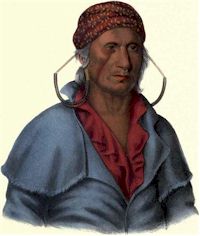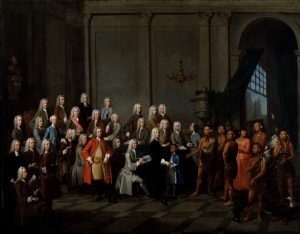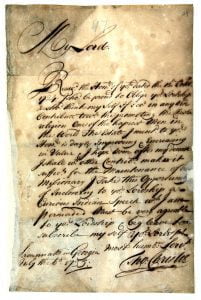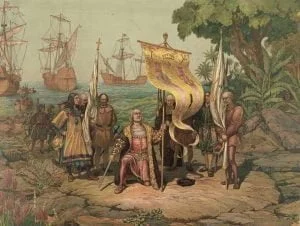In 1884, Albert Samuel Gatschet published a translation of the Creek Migration Legend in his infamous “A Migration Legend of the Creek Indians.” The Creek and Hitchiti text that came with the same manuscript were then translated from Gatschet’s translation back into Hitchiti and Creek, his translation did not emanate from those. Where then did he get his translation from? A translation from the English had been preserved in a German book of the period, and the style of this piece showed it to be an “authentic and comparatively accurate rendering of the original”. The German book referred to is a collection of pamphlets treating of colonial affairs, and published from 1735 to 1741; its first volume bears the title: Ausfuehrliche Nachricht von den Saltzburg-ischen Emigranten, die sick in America niedergelassen haben. Worin, etc. etc., Herausgegeben von Samuel Urlsperger, Halle, MDCCXXXV, The legend occupies pp. 869 to 876 of this first volume, and forms chapter six of the “Journal” of von Reck, the title of which is as follows: Herrn Philipp Georg Friederichs von Reck Diarium von Seiner Reise nach Georgien im Jahr 1735. F. von Reck was the commissary of those German-Protestant emigrants whom religious persecution had expelled from Salzburg, in Styria, their native city.
So what follows is an English translation from the German translation of the presumed English translation of the original “Migration Legend of the Creek People.”




